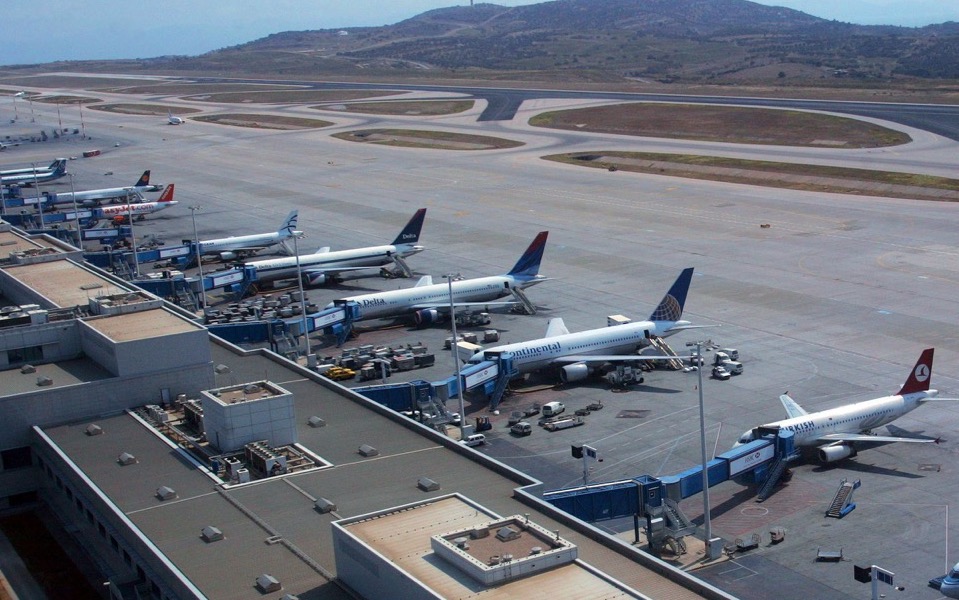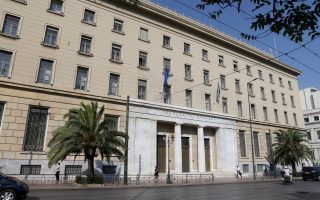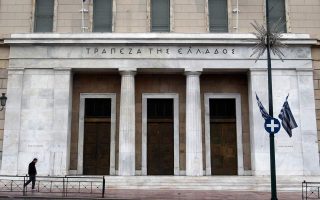Economists say 2020 recession ‘inevitable’

Foreign analysts appear more pessimistic than the Bank of Greece’s baseline scenario for 0 percent growth this year due to the coronavirus epidemic, saying a recession appears inevitable, especially in the first half of the year, mainly due to tourism. Shrinking forecasts range between 1 and 15 percent for 2020, depending also on measures yet to be taken, though the rebound once normalcy returns should be considerable.
“Greece already contracted 0.7 percent in the fourth quarter of 2019 on a quarterly basis and we suspect it is heading for a recession as soon as Q1 this year. It is one of the more exposed economies to this crisis,” Melanie Debono, economist Capital Economics, tells Kathimerini. “The numbers are anyone’s guess at this point but we forecast the economy to shrink 3.5 percent q/q in Q1 and perhaps 12 percent in Q2. The subsequent rebound will be slightly slower than in the eurozone given Greece was already struggling at the end of last year – we have pencilled in growth of 6.5 percent or so q/q in Q3 and Q4. As a result, the economy is likely to shrink about 8 percent this year as a whole. This compares to a 9.2 percent contraction in 2011, i.e. at the height of the debt crisis.”
Sebastien Galy, senior strategist at Nordea Asset Management, warns that “pressure on the Greek sovereign curve has been extremely sharp fed by fears of a sharp recession, fiscal sustainable issues and risk management systems. A guesstimate is for a 5-15 percent recession.”
Jakob Suwalski, associate director of public finance at Scope Ratings, agrees. “The pandemic puts the brake on Greece’s recovery. Scope has revised its baseline scenario for Greece from a GDP growth of 2.3 percent to a contraction by around -1 percent for this year, provided the economic standstill in major European countries ends in H1. The resulting pressure from lockdowns in major European countries – including canceled flights and holidays – is already feeding through to the Greek tourism industry, which contributes around a fifth of GDP.
“Domestically, the closure of shops is further weighing on already weak consumption growth in view of the country’s negative savings rate since 2012. Downside risks are substantial and include scenarios where the impact of the pandemic extends into summer, the peak season for Greek tourism and transport,” Suwalski concludes.





